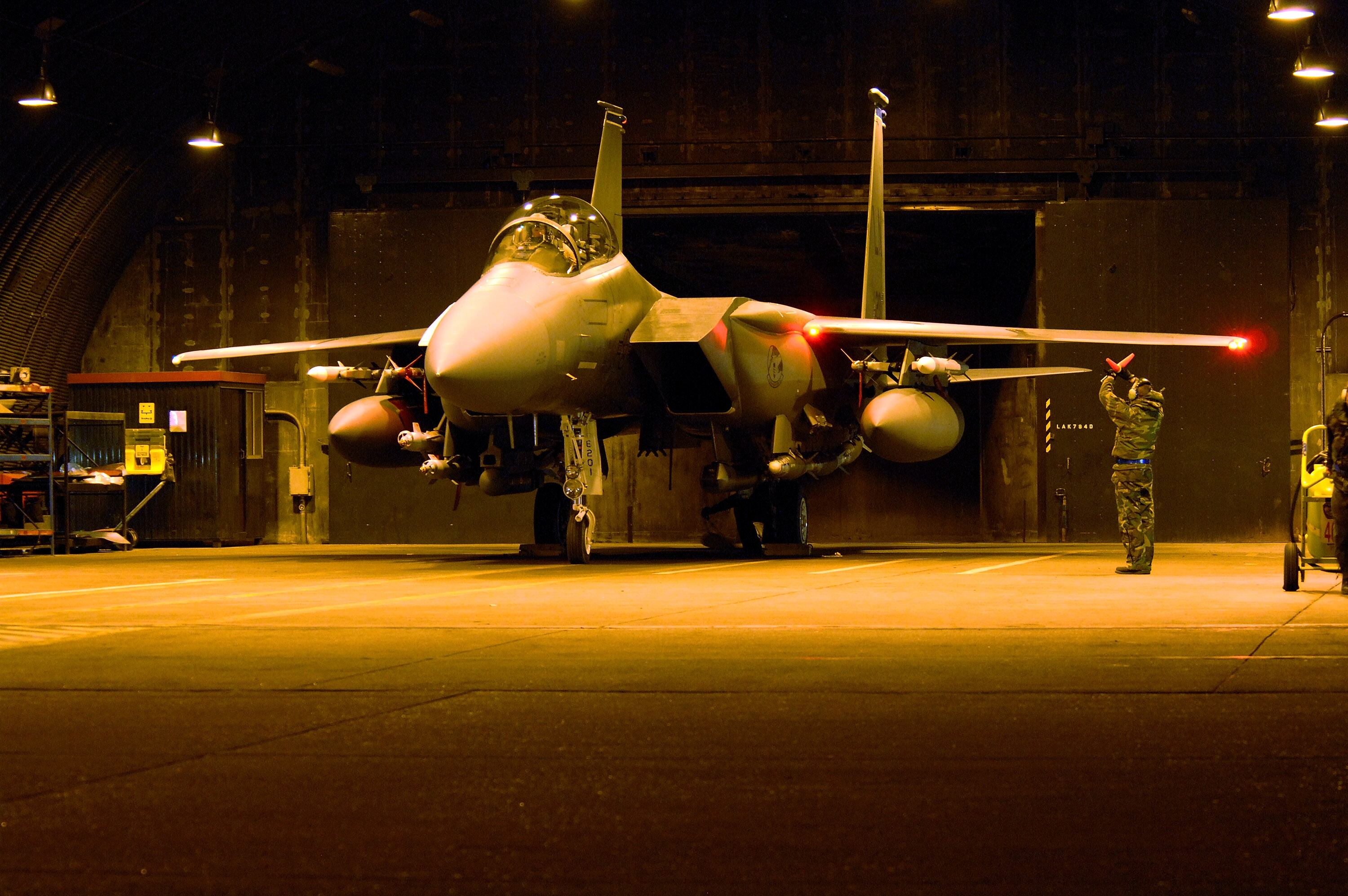WASHINGTON — The U.S. State Department has approved a support package for Qatar’s fleet of F-15QA fighters, with a potential price tag of $1.1 billion.
The U.S. and Qatar signed a $12 billion agreement to purchase 72 F-15QA fighters in June, but this support package was not included in that figure.
In June, long-simmering tension between Qatar and its neighbors Saudi Arabia and the United Arab Emirates erupted, with the latter pair leading a coalition of countries that shut down relations with Doha.
While U.S. President Donald Trump initially showed support for the Saudi position, others in the administration have downplayed that reaction. Qatar is home to Al-Udeid Air Base, a central part of the U.S. air war in Iraq and Syria that houses 10,000 American troops.
RELATED

In an announcement posted to the website of the Defense Security Cooperation Agency, the State Department claims “Qatar is an important force for political stability and economic progress in the Persian Gulf region.”
“Our mutual defense interests anchor our relationship and the Qatar Emiri Air Force (QEAF) plays a predominant role in Qatar’s defense,” the announcement adds.
Included in the package will be design and construction services, new parking/loading ramps, hot cargo pads, taxiways, hangars, back shops, alert facilities, weapons storage areas, hardened shelters, squadron operations facilities, maintenance facilities, training facilities, information technology support and cyber facilities, force protection-support facilities, squadron operations facilities, other F-15QA related support structures, construction/facilities/design services, cybersecurity services, mission-critical computer resources, support services, force protection services, and other related elements of logistics and program support.
A prime contractor to supply infrastructure will be determined through competition at a later date. Similarly, any offset packages, common for dealing with Qatar, will be finalized once a contractor is selected.
As with previous DSCA announcements, this represents a notification to Congress that a deal has been approved and not a final contract. Hence, the dollar figure will likely change in a final agreement.
Aaron Mehta was deputy editor and senior Pentagon correspondent for Defense News, covering policy, strategy and acquisition at the highest levels of the Defense Department and its international partners.








